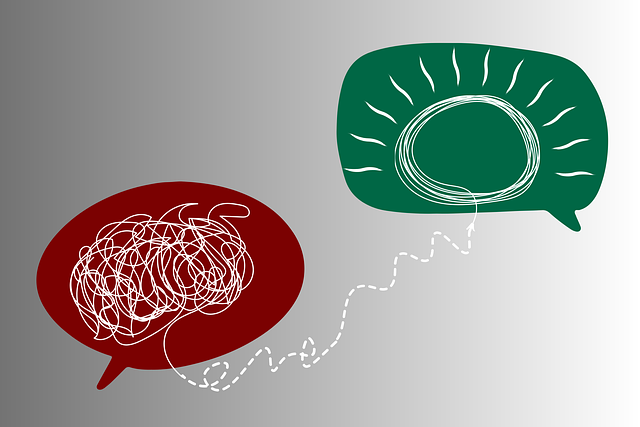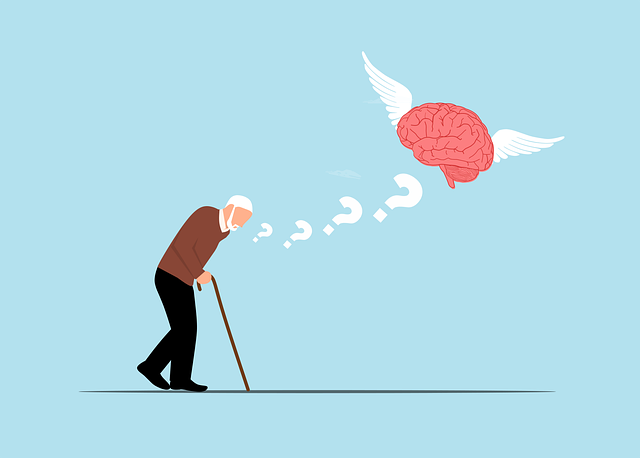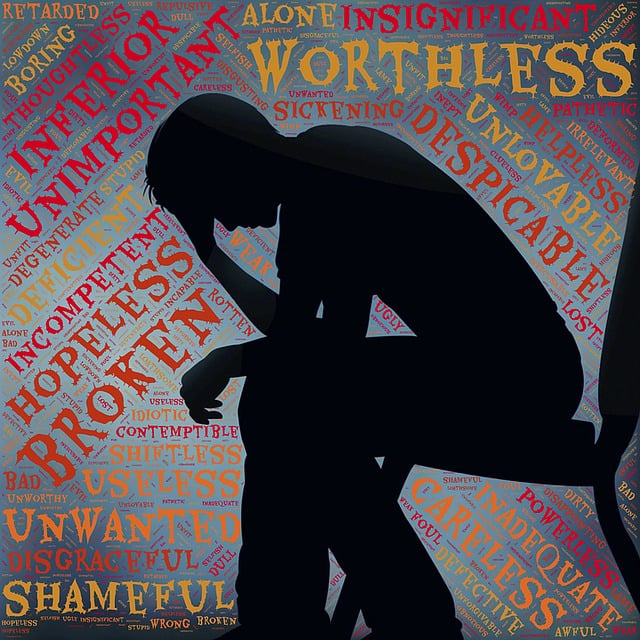Englewood Sexual Abuse Survivor Therapy (ESAST) offers holistic social skills training tailored for individuals healing from sexual abuse, empowering them to confidently navigate relationships and social environments. Through innovative programs focusing on communication, empathy, conflict resolution, and mental wellness, ESAAT addresses the unique challenges faced by survivors, fostering a supportive community and promoting long-term mental health recovery. Their comprehensive approach integrates self-awareness exercises, educational resources, and burnout prevention strategies for healthcare providers, creating safe spaces for skill development and meaningful connections.
Social skills training is a powerful tool in supporting individuals with mental health conditions, especially those who’ve experienced trauma like sexual abuse. This article explores the intricate link between social interactions and mental well-being, delving into specific challenges faced by survivors of sexual abuse in forming connections. We present effective strategies for social skills development and highlight the transformative power of programs like Englewood Sexual Abuse Survivor Therapy, offering a holistic approach to healing and skill-building.
- Understanding the Connection Between Social Skills and Mental Health
- Challenges Faced by Survivors of Sexual Abuse in Developing Social Skills
- Strategies for Effective Social Skills Training for Mental Health Conditions
- Case Study: Englewood Sexual Abuse Survivor Therapy – A Holistic Approach to Healing and Skill Development
Understanding the Connection Between Social Skills and Mental Health

Social skills are an integral component of mental well-being, often overlooked yet profoundly impactful. For individuals with mental health conditions, especially those who have experienced traumatic events like sexual abuse, social interactions can be challenging and complex. Englewood Sexual Abuse Survivor Therapy (ESAST) recognizes this connection and integrates social skills training into their therapeutic approach. By fostering self-awareness exercises, survivors learn to navigate social environments with confidence, enhancing their ability to form connections and manage relationships.
This holistic approach goes beyond traditional therapy techniques. It involves designing mental health education programs that empower individuals with the necessary tools for risk management planning. Through these programs, participants gain insights into their emotional triggers, helping them anticipate and handle potentially distressing social situations effectively. Such initiatives contribute to a more inclusive and supportive community, where mental health professionals can play a pivotal role in educating and guiding individuals toward healthier social interactions.
Challenges Faced by Survivors of Sexual Abuse in Developing Social Skills

Survivors of sexual abuse often face significant challenges when it comes to developing and maintaining social skills. The trauma they have experienced can lead to feelings of isolation, fear, and distrust in others, making it difficult for them to form meaningful connections and participate in social activities. This can exacerbate their mental health conditions, as social interaction is a crucial aspect of healing and recovery.
Englewood Sexual Abuse Survivor Therapy focuses on providing specialized care tailored to address these unique challenges. Through various Empathy Building Strategies, survivors learn to navigate interpersonal relationships with support and guidance. Additionally, Burnout Prevention Strategies for Healthcare Providers are implemented to ensure the well-being of therapists, fostering a sustainable environment that allows them to effectively assist their clients. The Mental Wellness Podcast Series Production also plays a vital role in spreading awareness, offering valuable insights, and providing a platform for survivors to share their stories, thereby promoting understanding and solidarity within the community.
Strategies for Effective Social Skills Training for Mental Health Conditions

Social Skills Training plays a pivotal role in supporting individuals with mental health conditions, offering them tools to navigate social interactions confidently and build meaningful connections. At Englewood Sexual Abuse Survivor Therapy, we’ve pioneered effective strategies that cater to diverse needs. These programs are meticulously designed to foster a safe and supportive environment where participants can learn, practice, and internalize essential social skills.
Our Mental Health Education Programs focus on enhancing communication, empathy, and conflict resolution abilities. We integrate Burnout Prevention Strategies for Healthcare Providers, recognizing the unique challenges faced by those in helping professions. By cultivating inner strength through these programs, individuals gain resilience to navigate social situations with grace and self-assurance.
Case Study: Englewood Sexual Abuse Survivor Therapy – A Holistic Approach to Healing and Skill Development

Englewood Sexual Abuse Survivor Therapy (ESAST) is a pioneering program that adopts a holistic approach to healing and skill development for individuals recovering from sexual abuse. This therapy goes beyond traditional talk therapy by integrating various therapeutic techniques, including mental wellness journaling exercises, to address the complex needs of survivors. The program understands that healing involves not just cognitive changes but also emotional and practical skill acquisition.
Through personalized guidance, ESAAT helps participants manage their moods and navigate the intricate emotional healing processes. By combining group sessions with individualized support, the therapy creates a safe space for survivors to share their experiences, fostering a sense of community and understanding. This inclusive environment encourages the development of essential social skills, empowering individuals to rebuild their lives and find solace in their journey towards mental wellness.
Social skills training is a powerful tool in addressing mental health conditions, especially for survivors of sexual abuse. By understanding the intimate connection between social abilities and mental well-being, we can provide targeted support. The case study of Englewood Sexual Abuse Survivor Therapy demonstrates that a holistic approach, focusing on both healing and skill development, can revolutionize care. Through tailored strategies, individuals can navigate their challenges, build resilience, and find their voice in a supportive environment. This approach ensures survivors are equipped to thrive, reclaiming their social skills and overall mental health.














